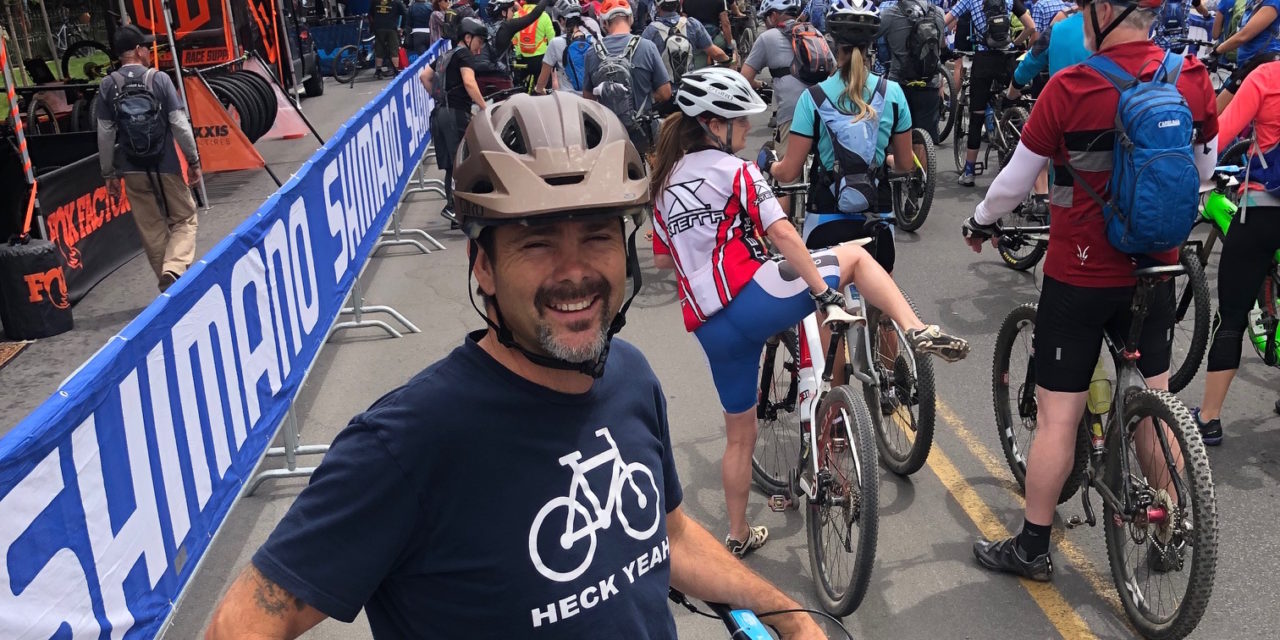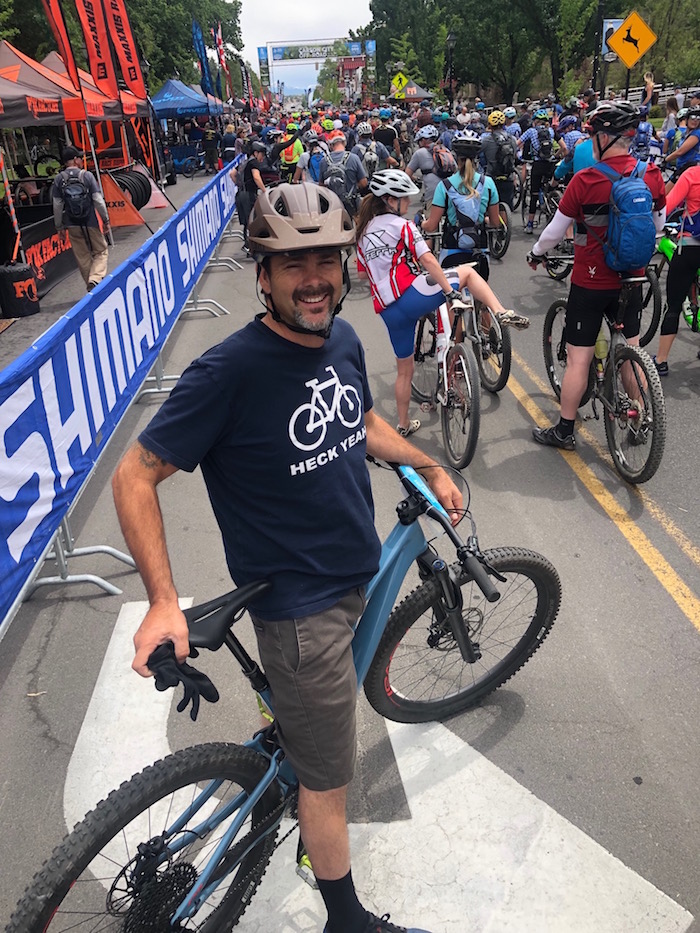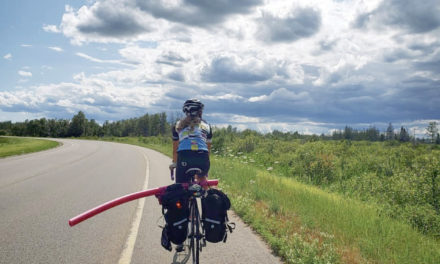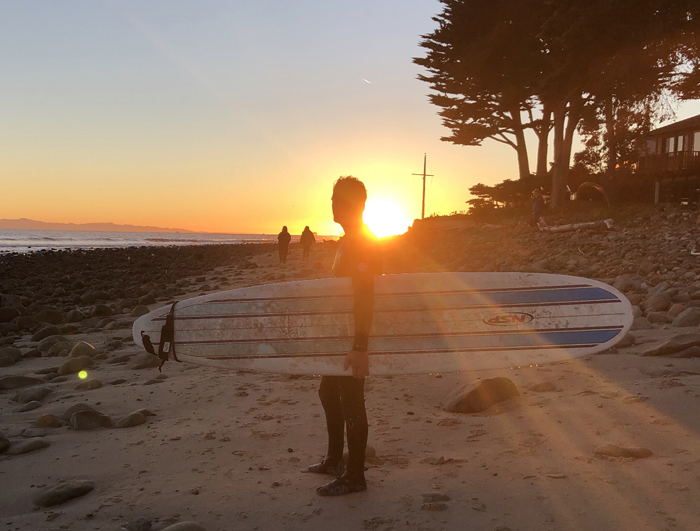- Inner Space: What We All Seek in the Great Outdoors - 06/28/2024
- Editor’s Note #132 // The Hurt Cycle - 02/15/2024
- Editor’s Note // Blessed are the frequency holders - 11/20/2023
Depression: What is it good for?
By Matt Niswonger
As I’ve shared in previous articles, I am no stranger to life’s ups and downs. I’ve experienced both success and failure and the depression that sometimes comes with it. In the past I was hesitant to talk about ever feeling depressed because it made me feel weak. Then I realized that owning my depression and speaking about it powerfully was something I could do to make myself and others feel better.Many people (myself included) believe that adventure sports are an effective treatment for depression. That said, I have talked to people who were literally so depressed that they couldn’t get out of bed. For this level of crushing depression it seems the only answer is to get medical attention as quickly as possible. Still, I can’t remember anyone ever saying they liked the experience of being on doctor prescribed anti-depressants.
I tried using Prozac about 25 years ago when I went to a doctor to get some help with a moderate case of depression. At the same time I started training really hard to do a couple of big climbs in Yosemite. Within a few days I stopped taking the pills; I could tell the climbing was all I needed to feel better, and I didn’t like the idea of being dependent on a pill.
After 25 years of treating my mild to moderate depression I’m still using adventure sports as my primary form of medicine. While I have plans to start climbing in Yosemite again, these days I have switched to mountain biking, surfing and climbing at our local gym.
To be honest my local adventure program is a huge help for my occasional depression but it’s not always 100 percent effective. Sometimes I feel like a high achieving, ambitious person trapped in an unsuccessful person’s body. I’m not looking for pity, but let’s just say I have loftier career goals then I am currently realizing. It’s like I can picture myself being both amazingly creative and wildly successful, but the outward reality never seems to match up to my inward sense of potential. For me, the depression starts to creep in when I get discouraged about some sort of setback or mistake. I am aware of the pattern, though, and I’m mindful when it’s happening. This mindfulness makes a big difference.
Over the years, I’ve cut way back on my beer intake. I will drink and cherish a good hazy IPA now and again, but I almost never drink more than one. If I do drink more than one I feel slightly depressed the next day. Also, I don’t smoke weed very often because I can feel the effects on my lungs when I mountain bike. A couple years ago I started taking cannabis in pill form and this seems to help with the depression while eliminating the negative effects of smoking.
All of these habits help me manage my depression and overall I can say with conviction I have a very good life that I am grateful for. I’m pretty sure I will never be cured of my depression; I will probably be managing the symptoms for the rest of my life. In fact, I’m pretty sure that some amount of depression is an inevitable part of the human experience. What is it good for? I don’t know, but it somehow seems necessary. That said, too much depression is a terrible thing for anyone to endure.
I’m sharing these personal details because recently someone I’m very close to started struggling with severe depression and having suicidal thoughts. Severe depression is very painful to watch happening to someone you love. At the low point, when I looked into his eyes it was like he was dead inside and devoid of hope. That scared me.
After this happened we spent a few days going on long mountain bike rides together and surfing and climbing. I’m happy to say that the cloud has lifted and he is doing much better. He has started seeing a mental health professional and we are in constant communication about his mental state.
Depression is not something to hide and pretend doesn’t exist. I want people in my life to talk about their struggles and I’m determined to be more open about my depression moving forward. I’m convinced that depression wouldn’t be so bad if we stopped hiding it. After all it’s a serious health problem that pretty much everyone struggles with from time to time.
Do you have any insights about depression that you would like to share? Send me an email to matt@adventuresportsjournal.com. We cherish every letter we get from readers and print as many as we can.
Thanks for reading.
—Matt Niswonger














